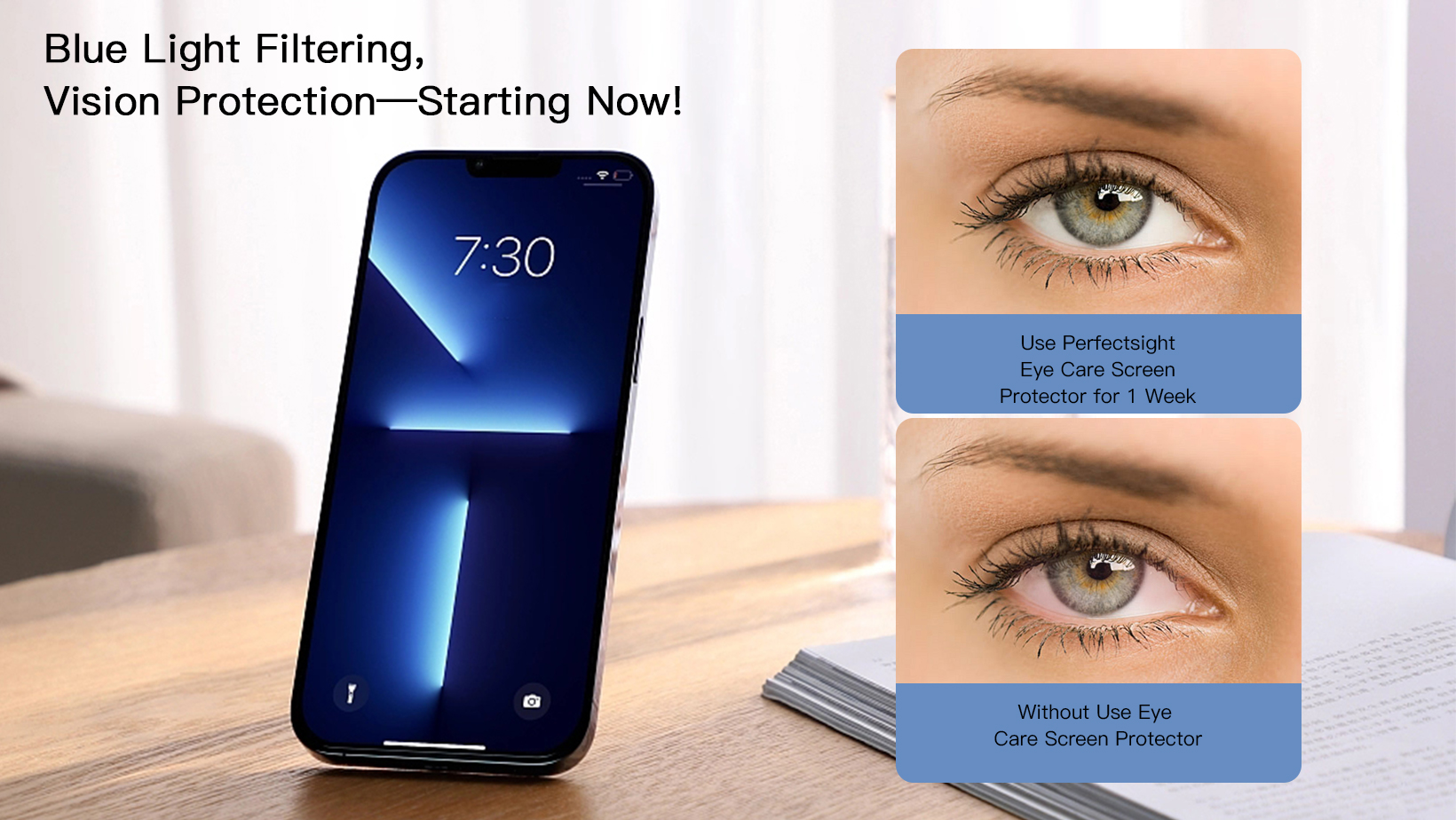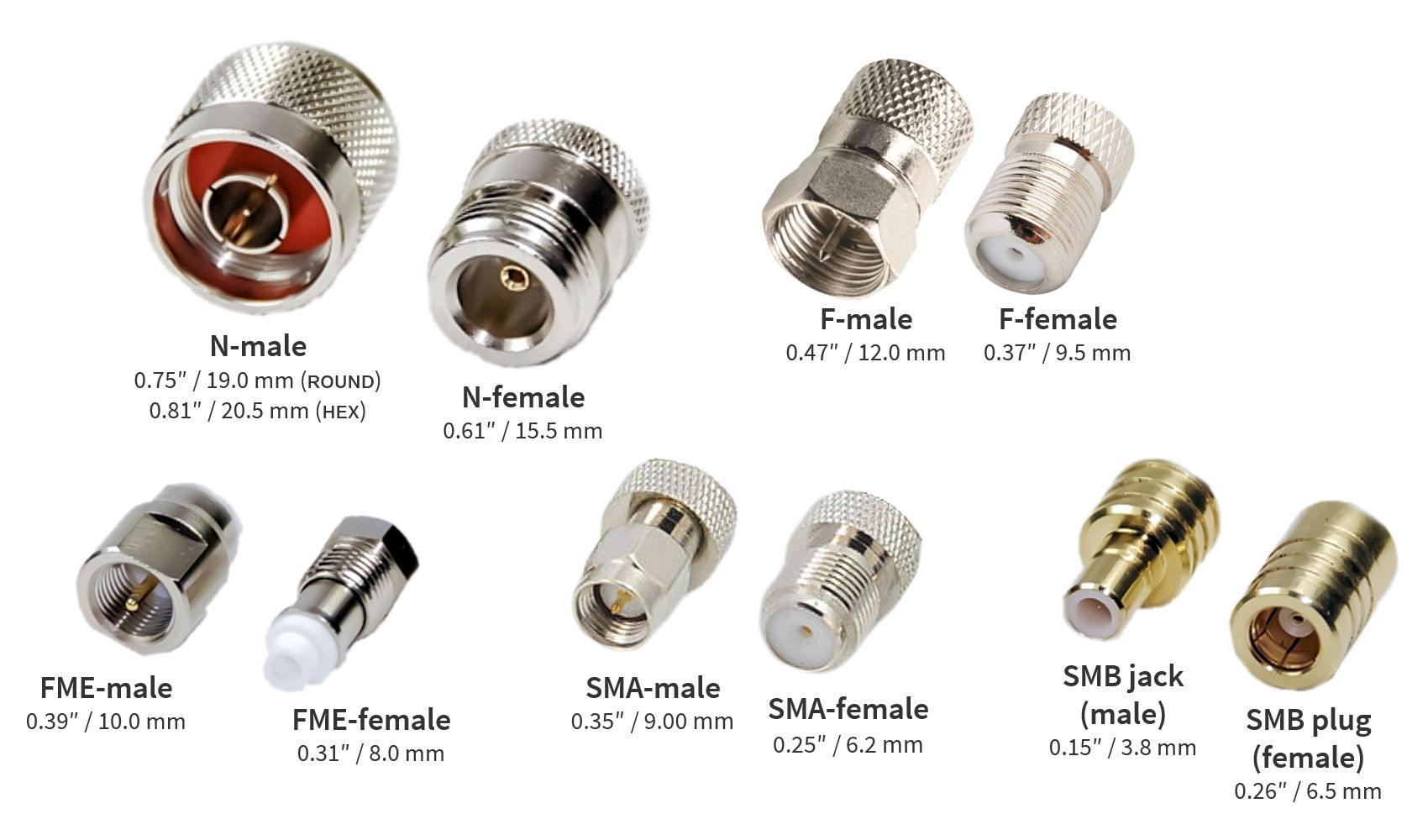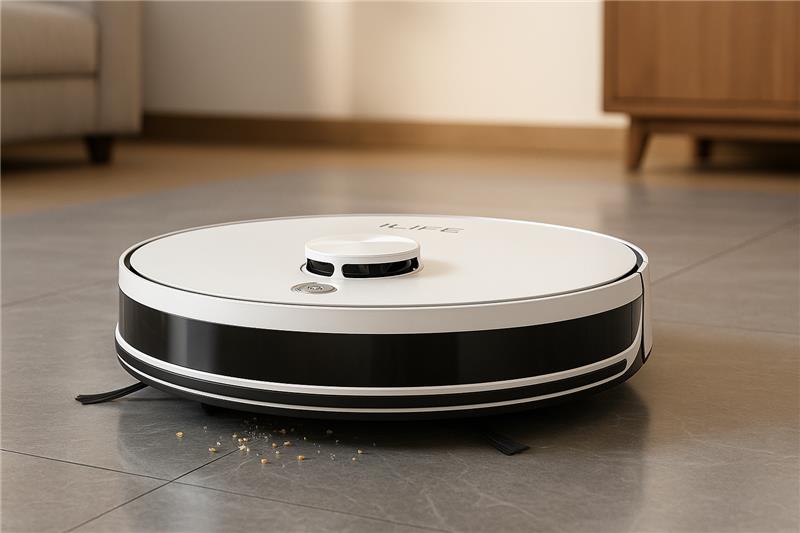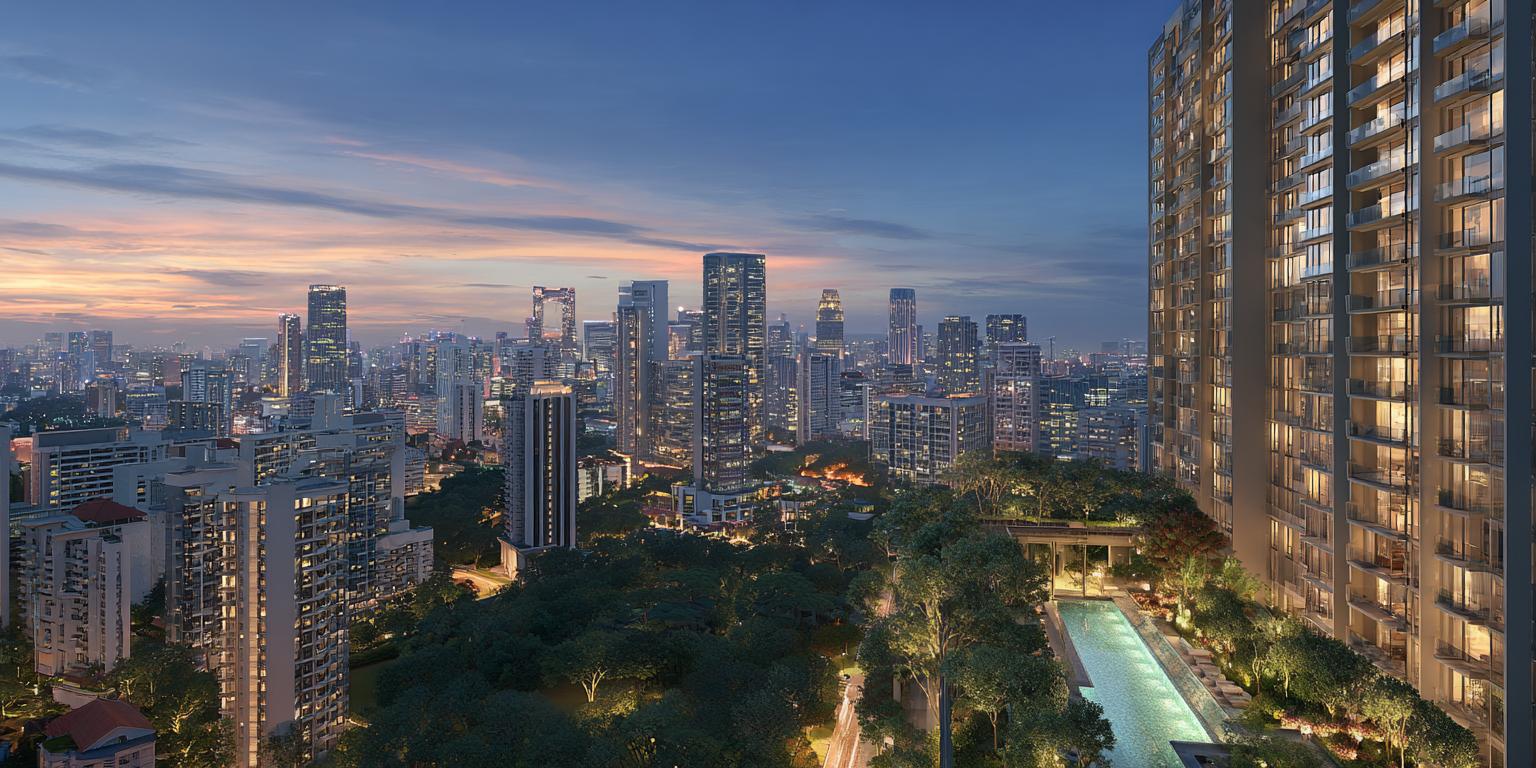How a Blue Light Screen Protector Can Improve Your Sleep Quality

Introduction: The Hidden Link Between Screens and Sleepless Nights
If you’ve ever found yourself tossing and turning after a long evening spent on your phone, tablet, or laptop, you’re not alone. Millions of people experience disrupted sleep patterns due to late-night screen exposure, often without realizing the underlying cause. While it’s easy to blame stress or caffeine, science has identified a quiet but powerful sleep disruptor—blue light emitted from digital screens.
Fortunately, there’s an effective and practical solution to this problem: the Blue Light Screen Protector. More than just a scratch-resistant layer for your device, this smart screen filter can help reset your sleep schedule and promote healthier, deeper rest. But how exactly does it work? Let’s break down the science and benefits.
Understanding Blue Light and Its Effect on Sleep
Blue light is part of the visible light spectrum, with wavelengths ranging from about 400 to 490 nanometers. It’s naturally present in sunlight, helping regulate our circadian rhythms—the internal clocks that tell us when to wake up and when to sleep. During the day, exposure to blue light is beneficial. It helps boost alertness, improve memory, and elevate mood.
But here’s the catch: excessive exposure to artificial blue light at night throws off our natural rhythms. Screens from phones, laptops, and TVs emit high amounts of blue light, tricking our brains into thinking it’s still daytime. As a result:
- Melatonin production is suppressed
- Falling asleep becomes more difficult
- Sleep quality declines
- You wake up feeling groggy and unrested
This effect is particularly problematic for those who wind down with screen time—whether reading an e-book, scrolling social media, or catching up on emails.
The Role of Blue Light Screen Protectors
A Blue Light Screen Protector is designed to filter out a significant portion of the high-energy blue light emitted by screens—especially the wavelengths most associated with melatonin suppression (around 440–450nm). Unlike software-based “night mode” filters that alter screen colors, a physical screen protector works passively and invisibly.
By applying this filter to your screen, it reduces the blue light reaching your eyes in the evening hours, allowing your body’s natural melatonin cycle to function properly. The result? Faster sleep onset, longer sleep duration, and improved sleep quality.
Why Software Solutions Aren’t Always Enough
Most smartphones and operating systems today offer built-in blue light reduction tools—such as “Night Shift” on iPhones or “Night Light” on Android and Windows. These tools reduce screen brightness and shift the color temperature toward warmer tones, which helps—but only to an extent.
Here’s why a Blue Light Screen Protector may be more effective:
- It blocks harmful wavelengths without altering display colors
- It works at all times—even during the day or when night mode is off
- It covers your entire screen surface for consistent filtering
- It functions without battery drain or software updates
This makes it ideal for people who value color accuracy (like designers or photographers) or want an effortless, always-on solution.
Real-Life Benefits: How Sleep Improves with Blue Light Filtering
After applying a high-quality blue light screen protector, many users notice changes within just a few days. Here are some commonly reported sleep improvements:
1. Easier Time Falling Asleep
Reduced blue light exposure in the evening allows melatonin to rise naturally. You’ll find it easier to wind down and fall asleep within minutes of putting your device away.
2. Deeper, More Restorative Sleep
Once asleep, users often report fewer interruptions and better REM sleep cycles. This leads to more refreshed mornings and reduced reliance on caffeine.
3. Less Late-Night Eye Strain
Eye strain and fatigue often contribute to sleep issues. By filtering out blue light and minimizing glare, screen protectors allow your eyes to stay relaxed, especially during pre-sleep reading or media consumption.
4. Healthier Sleep Routines for All Ages
Children and teenagers are especially vulnerable to blue light’s effects. A screen protector can help establish better screen hygiene in the household and promote healthier bedtime habits for the entire family.
Combine with Good Sleep Hygiene for Best Results
While a Blue Light Screen Protector is a powerful tool, combining it with good sleep practices will amplify the results. Here are a few tips:
- Set a digital curfew: Aim to stop using screens 30–60 minutes before bed.
- Dim your environment: Keep your bedroom lighting warm and low in the evening.
- Stay consistent: Go to bed and wake up at the same time every day—even on weekends.
- Use blue light filtering on all devices: Phones, tablets, and even laptops or monitors.
When paired with these healthy routines, your screen protector becomes part of a holistic solution to better rest.
An Investment in Long-Term Wellbeing
We often invest in high-end phones, ergonomic chairs, and even fitness apps—but sleep, the foundation of mental and physical health, is often neglected. Lack of quality sleep doesn’t just affect mood and productivity—it’s linked to heart disease, weakened immunity, weight gain, and cognitive decline.
A Blue Light Screen Protector is a small, affordable step with lasting benefits. It offers:
- Non-invasive blue light filtering
- Protection for your screen from scratches and smudges
- Reduced glare and reflection in any lighting
- Peace of mind for your eyes and your sleep
Final Thoughts: Sleep Smarter, Not Harder
In our screen-saturated society, it’s easy to underestimate how much digital light affects our health. But with insomnia and sleep disorders on the rise, it’s time to take simple, science-backed measures to protect ourselves.
A Blue Light Screen Protector doesn’t just preserve your screen—it protects your sleep. With better rest comes better focus, better mood, and better days. So the next time you curl up with your tablet or phone at night, make sure your screen is working with your body, not against it.







